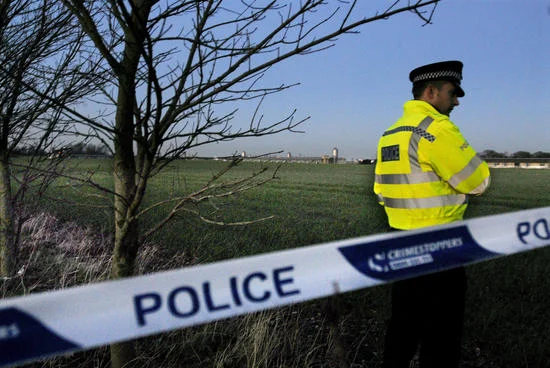Diseases discovered from prehistoric DNA

Researchers from the University of Cambridge and the University of Copenhagen have found recovered ancient DNA from 214 known pathogens in prehistoric humans from Eurasia. The study reveals the earliest evidence of a zoonotic disease, one that is transmitted from animals to humans, dating back to 6,500 years ago. It was published in the journal Nature and is the largest study on the history of infectious diseases.
DNA from over 1,300 prehistoric individuals was analysed, with some dating back 37,000 years ago. Their ancient bones and teeth offered a unique look into the development of diseases caused by bacteria, viruses, and parasites. Close human cohabitation with domesticated animals, along with large scale migration, the research suggests, played crucial roles in the spread of these diseases.
“We’ve long suspected that the transition to farming and animal husbandry opened the door to a new era of disease, now DNA shows us that it happened at least 6,500 years ago,” says Professor Eske Willerslev. “These infections didn’t just cause illness, they may have contributed to population collapse, migration, and genetic adaptation.”
214 pathogens were found in the study, including the world’s oldest genetic trace of Yersinia pestis, the bacterium responsible for the bubonic plague, found in a sample 5,500 years old. The findings could be helpful in the future development of vaccines and understanding how diseases arise and mutate.
“If we understand what happened in the past, it can help us prepare for the future, where many of the newly emerging infectious diseases are predicted to originate from animals,” says Associate Professor Martin Sikora, the study’s first author. “Mutations that were successful in the past are likely to reappear. This knowledge is important for future vaccines, as it allows us to test whether current vaccines provide sufficient coverage or whether new ones need to be developed due to mutations.”
Stay tuned to EyeOnLondon for the latest news and expert opinions.
Follow us on:
Subscribe to our YouTube channel for the latest videos and updates!
We value your thoughts! Share your feedback and help us make EyeOnLondon even better!









